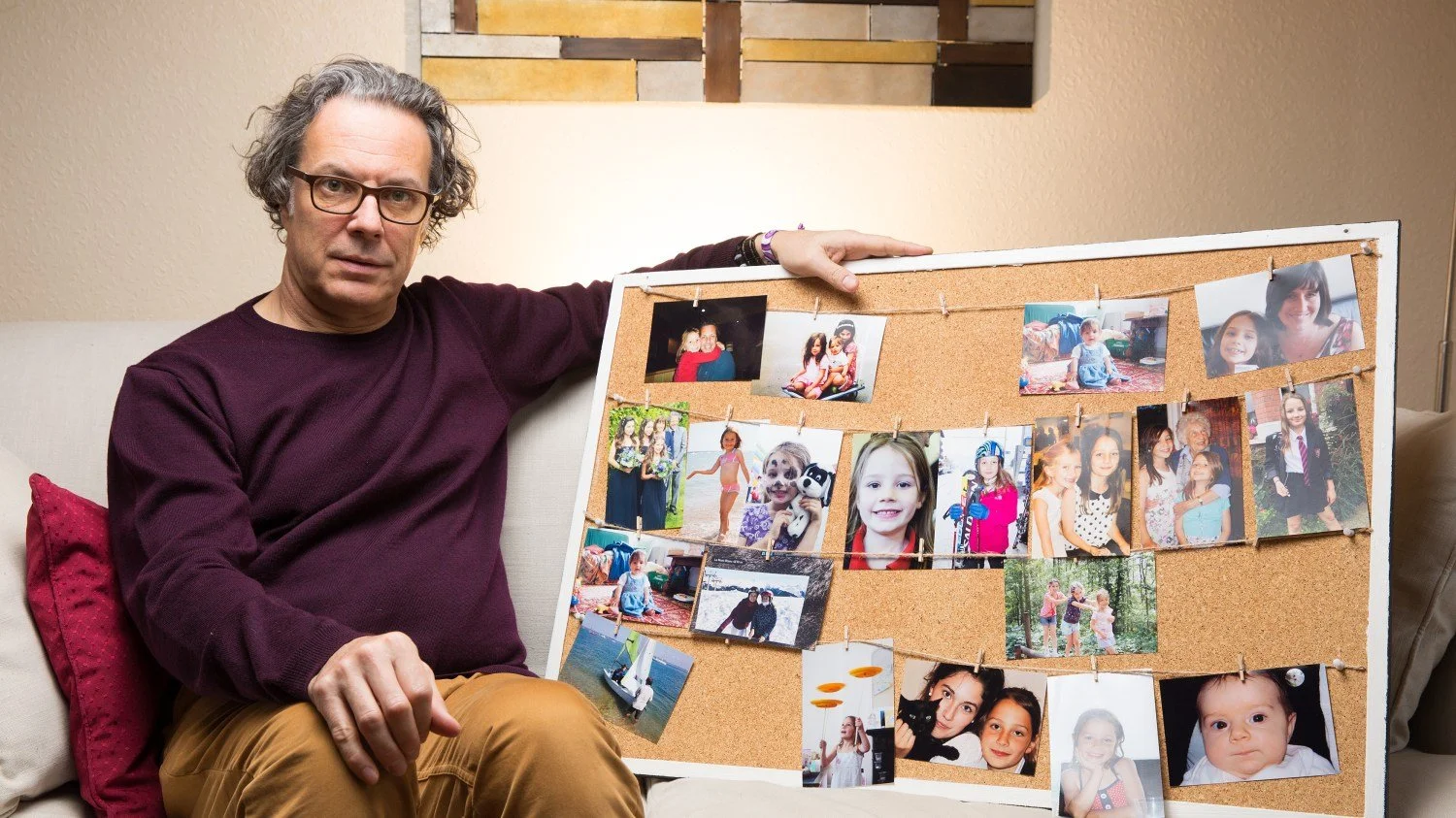
Every Click Has a Cost
·
Every Click Has a Cost ·
Keep Kids Digitally Safe.
In 2019, Ian Russell shared the devastating story of losing his 14-year-old daughter, Molly, to suicide after she was exposed to harmful content glorifying self-harm and suicide on Instagram and Pinterest. Ian remarked, “I have no doubt that Instagram helped kill my daughter.”
Molly's tragic death has since become a rallying point for advocates demanding greater accountability from social media companies.
Social media has profoundly shaped the way we communicate, learn, and engage with the world. However, it has also introduced significant risks, particularly for children and adolescents. The devastating stories of parents who have lost their children to social media challenges and cyberbullying highlight the urgency of action.
These heartbreaking accounts illustrate the dire consequences of unregulated digital spaces and emphasize the need for immediate and meaningful interventions. Incorporating these stories into the campaign humanizes the cause and underscores the pressing need for warning labels on social media platforms.
Adding to these concerns, Mark Zuckerberg, CEO of Meta, recently announced significant changes to the company’s content moderation strategy. In a widely criticized public statement, Zuckerberg declared, "Our focus is on free expression and enabling more conversations to flow naturally. This means scaling back our moderation efforts and trusting our community to self-regulate more effectively." (The Verge, December 2024)
Critics argue this move will leave vulnerable youth even more exposed to harmful content, including cyberbullying, online predators, and the promotion of self-harm.
Tammy Rodriguez, whose 11-year-old daughter Selena died by suicide after being exposed to bullying on Instagram and Snapchat, also criticized this policy shift. She stated, "Reducing moderation is a death sentence for children like my daughter. We need stronger protections, not less oversight." (CBS News, January 2025)
Social media platforms like Facebook, Instagram, Snapchat, Discord, and Telegram have increasingly come under fire for their inability to protect young users from harmful content. A growing body of evidence links unmoderated platforms to increased rates of mental health issues, cyberbullying, and exposure to dangerous trends, further underscoring the urgency of regulatory action.
What is the KiDS Campaign?
The KiDS: Keep It Digitally Safe Campaign is a global contest designed to solicit creative ideas from the public on what social media warning labels could look like and say. The goal is to warn youth and adults about the harms of the social media platforms they are about to use, or are currently using. The campaign actively seeks submissions, particularly from young people, inviting their best and brightest ideas for these warning labels.
Throughout the campaign, we will showcase these submissions on social media and other platforms to further raise awareness about the dangers of unregulated digital spaces. By amplifying these creative ideas, the campaign aims to spotlight the real-life consequences of harmful content on social media and encourage meaningful change.
The campaign also seeks to ensure that social media platforms disclose real-time data and report on the various harms that have been brought to their attention. The campaign demands that platforms disclose, in detail, the specific steps they have taken to address these harms and resolve individual complaints. This transparency is critical to holding platforms accountable and protecting users from continued harm.
Campaign rationale
Social media plays a critical dual role in society. While it has significant risks, particularly for youth, it also serves as a vital platform for underrepresented and disenfranchised populations, including LGBTQ+ youth, to find community, support, and resources. The KiDS: Keep It Digitally Safe Campaign recognizes the importance of maintaining this positive role while addressing the harms caused by unregulated digital spaces.
This campaign aims to educate the public about the risks of social media while driving systemic change to enforce regulation and accountability. By amplifying the need for federal and state legislative action, the campaign seeks to create safer digital environments for all users, especially minors.
Compelling data underscores the urgency of this initiative:
59% of teens report experiencing cyberbullying on social media platforms. (Pew Research Center)
Adolescents who spend more than three hours daily on social media are at a significantly increased risk for depression and anxiety. (Journal of Adolescent Health)
The campaign draws from successful public health initiatives like tobacco and alcohol warning labels, which have demonstrated that clear, consistent messaging can effectively reduce harmful behaviors. Similarly, social media warning labels can help shift public perception, empower users to make informed choices, and foster demand for safer platforms.
At its core, this campaign pushes for greater accountability from Big Tech, demanding that platforms prioritize user safety, particularly for vulnerable populations. Empowering users with knowledge and tools to navigate social media responsibly is critical to achieving this goal.
Moreover, the campaign emphasizes the broader social impact of safer online spaces, from improved mental health outcomes to stronger community connections. By spotlighting the experiences of youth and vulnerable communities disproportionately affected by harmful content, this initiative reinforces the need for immediate action.
Recent changes in social media policies heighten the urgency of this campaign:
Mark Zuckerberg, CEO of Meta, announced reduced content moderation, stating, "Our focus is on free expression and enabling more conversations to flow naturally." (Source: The Verge)
An NBC report revealed that Facebook will now permit posts describing LGBTQ+ individuals as "mentally ill" or "crazy," a move that has drawn significant criticism from advocacy groups who argue it opens the door to further harm and discrimination. (Source: NBC News)
These developments further endanger marginalized groups, all youth, and the general public, and underscore the importance of transparency, accountability, and protective measures to ensure social media remains a safe space for all users.


